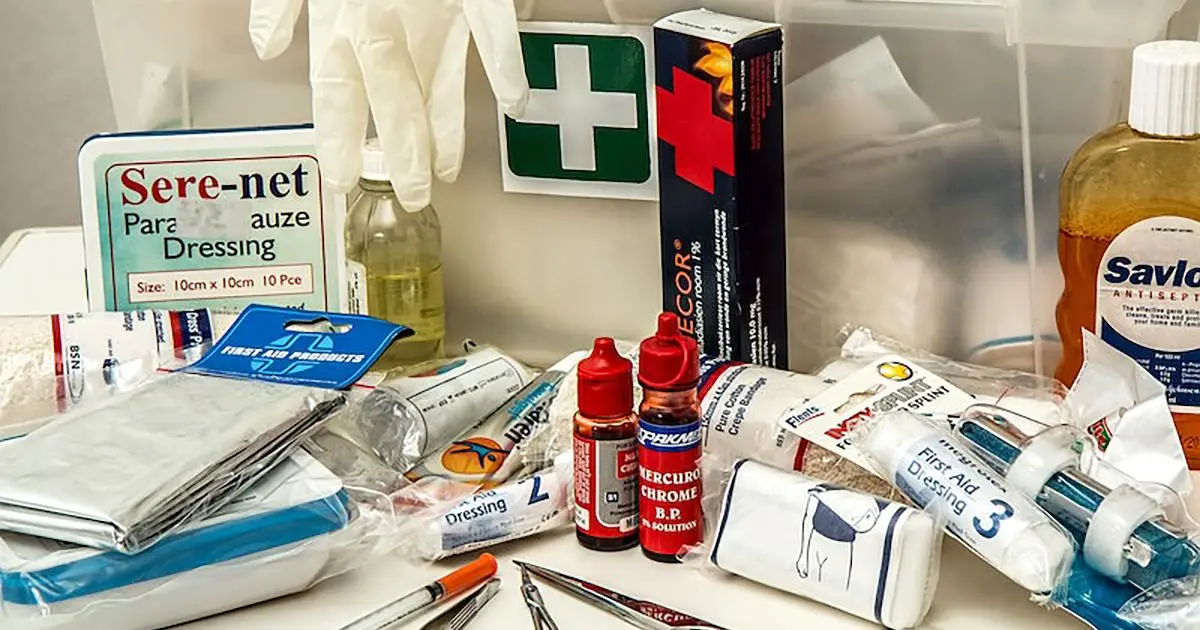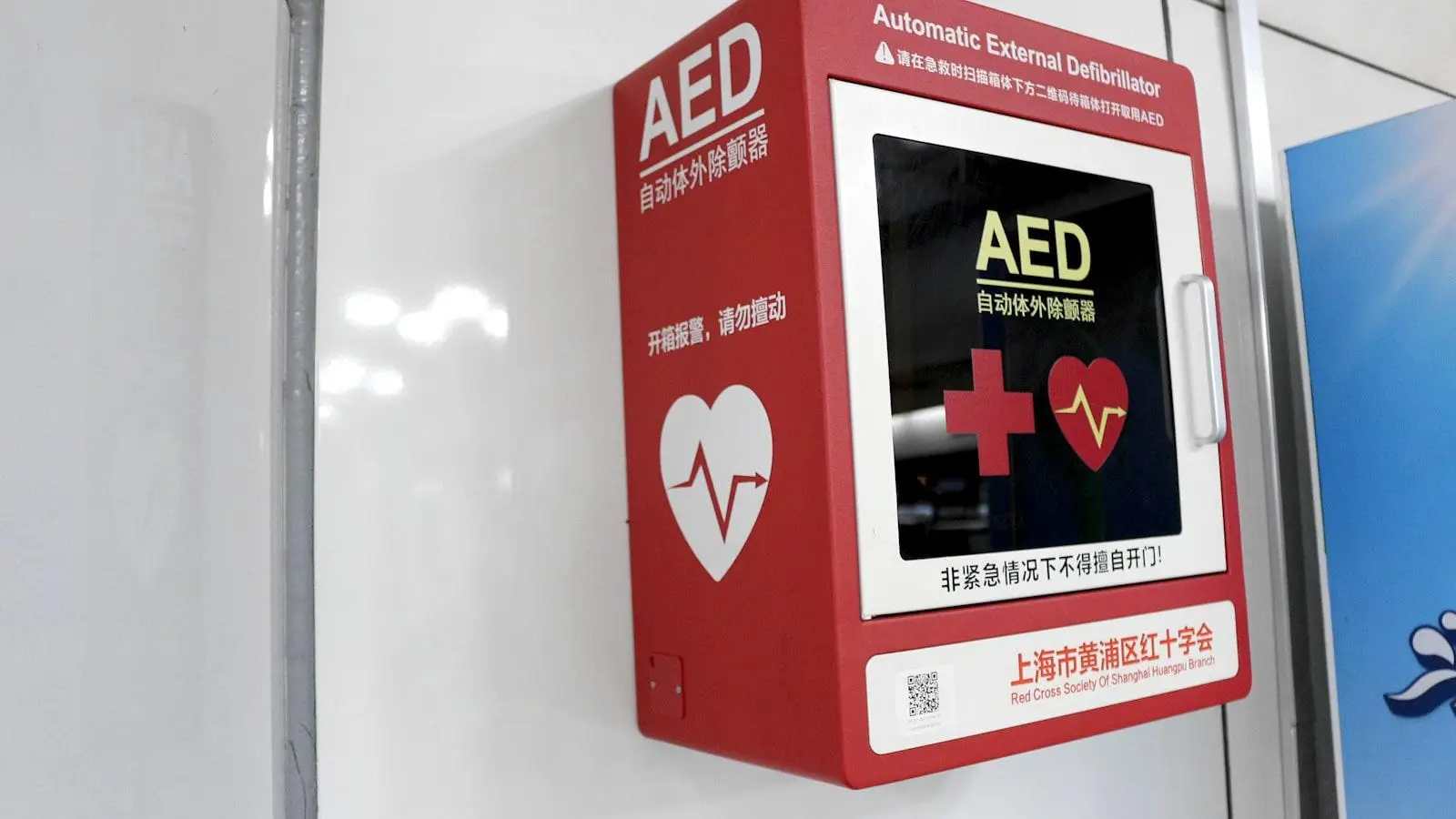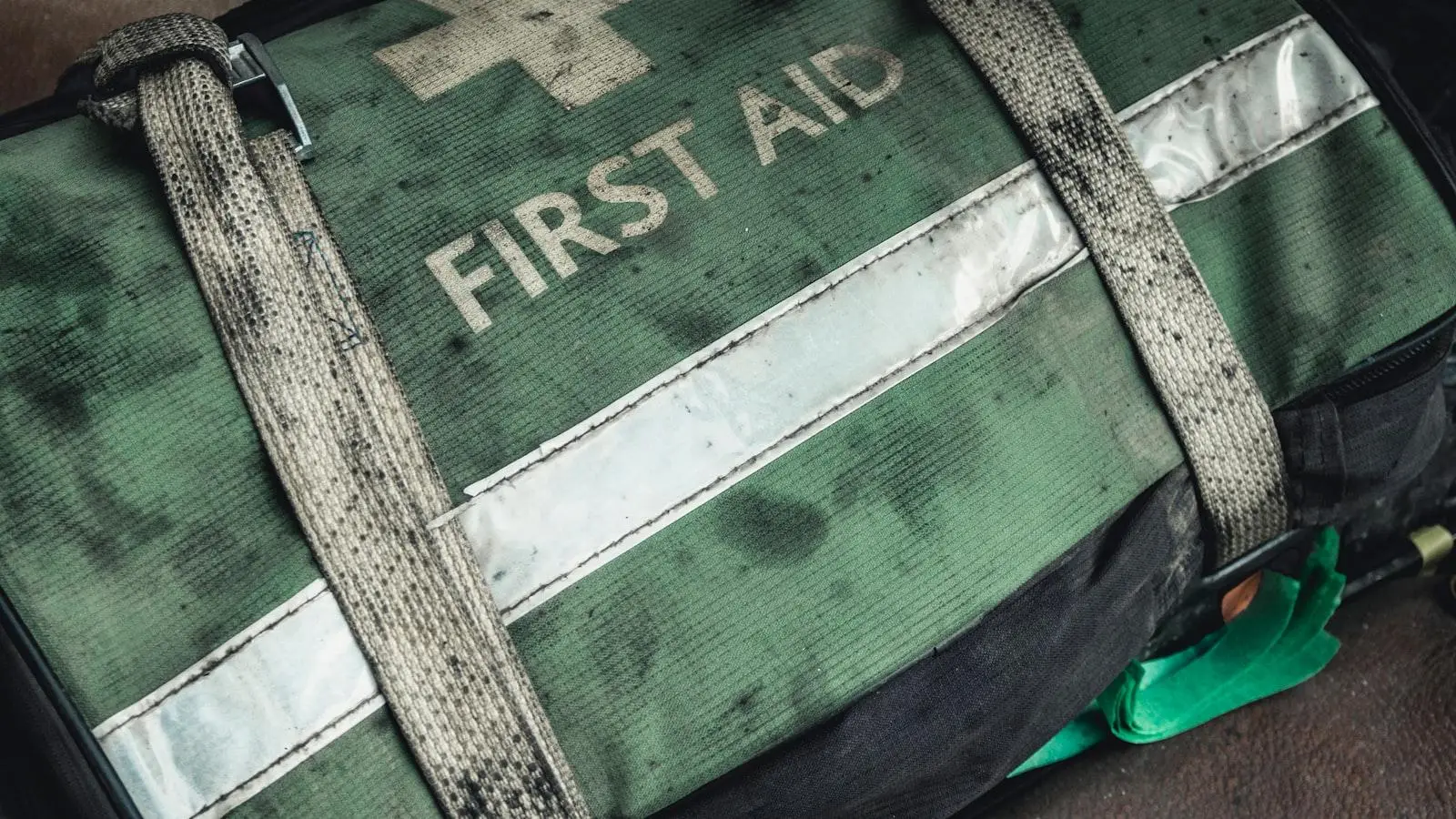In a world where physical first aid is readily taught and practiced, the importance of mental health first aid is often overlooked. Just as a bandage can heal a physical wound, effective mental health first aid can provide crucial support and assistance to those struggling with emotional distress or psychological challenges. Join us as we delve into the realm of first aid for the mind, exploring how we can all play a role in promoting positive mental well-being and offering aid to those in need.
Recognizing Symptoms of Mental Health Issues

It is crucial to be able to recognize the signs and symptoms of mental health issues in yourself or others. By being aware of these symptoms, you can take the necessary steps to seek help and support. Here are some common indicators to look out for:
- Changes in Behavior: Sudden changes in behavior, such as increased irritability, mood swings, or social withdrawal, may indicate a mental health issue.
- Physical Symptoms: Physical symptoms like headaches, fatigue, or stomach issues can sometimes be linked to mental health problems.
- Difficulty Concentrating: If you or someone you know is having trouble focusing, remembering things, or making decisions, it could be a sign of a mental health issue.
By being aware of these symptoms, you can help yourself or others get the support and treatment needed to improve mental well-being. If you notice any of these signs, it is important to reach out to a mental health professional for guidance and support.
Understanding the Importance of Early Intervention

Early intervention is key when it comes to addressing mental health concerns. By recognizing the signs and symptoms of mental health issues early on, individuals can receive the support and treatment they need to prevent further escalation of their condition. This can lead to better long-term outcomes and improved overall well-being.
**Benefits of early intervention for mental health:**
- Prevents the worsening of symptoms
- Improves treatment outcomes
- Reduces the risk of long-term complications
- Enhances overall quality of life
It’s important for individuals to be aware of the importance of seeking help early if they are experiencing mental health challenges. Whether it’s through therapy, medication, or other forms of support, getting the right help at the right time can make a significant difference in one’s mental health journey.
| Signs of Mental Health Issues | Actions to Take |
|---|---|
| Changes in mood or behavior | Reach out to a mental health professional |
| Difficulty concentrating | Seek support from friends and family |
| Feelings of hopelessness | Practice self-care activities |
By in mental health, individuals can take proactive steps to prioritize their well-being and seek the help they need to thrive.
Providing Support and Resources for Those in Crisis

First Aid Mental Health
When someone is experiencing a mental health crisis, it’s important to provide them with the support and resources they need to navigate through it. Here are some ways you can offer first aid for mental health:
- Listen: Sometimes all a person needs is someone to listen to them without judgment. Take the time to hear what they are going through and offer your support.
- Encourage professional help: Suggest reaching out to a therapist, counselor, or mental health hotline for additional support and guidance.
- Offer reassurance: Let the person know that they are not alone and that help is available. Reassure them that it’s okay to seek help and that they deserve to feel better.
Remember, providing first aid for mental health is essential in helping someone in crisis. By offering support, resources, and a listening ear, you can make a positive impact on their well-being and help them through a difficult time.
Tips for Practicing Self-Care and Maintaining Good Mental Health

When it comes to taking care of your mental health, it’s important to prioritize self-care practices to maintain a healthy mind and body. Here are some helpful tips to incorporate into your daily routine:
- Practice mindfulness: Take time each day to focus on the present moment and be aware of your thoughts and feelings.
- Stay active: Engage in regular physical activity to boost your mood and reduce stress and anxiety.
- Connect with others: Reach out to friends and loved ones for support and social interaction.
Additionally, creating a self-care routine that works for you can help alleviate symptoms of anxiety and depression. Consider incorporating activities that bring you joy and relaxation, such as:
- Practicing gratitude: Keep a gratitude journal to focus on the positive aspects of your life.
- Setting boundaries: Learn to say no to commitments that may overwhelm you and prioritize your well-being.
- Getting enough sleep: Prioritize a consistent sleep schedule to ensure proper rest and rejuvenation.
| Activity | Time Commitment |
|---|---|
| Yoga | 30 minutes |
| Meditation | 10 minutes |
| Reading | 1 hour |
Q&A
Q: What is first aid for mental health?
A: First aid for mental health is the initial support given to someone experiencing a mental health crisis or developing a mental health problem.
Q: What are the key principles of first aid for mental health?
A: The key principles of first aid for mental health include promoting understanding and acceptance, providing non-judgmental support, and encouraging self-care and professional help if needed.
Q: How can someone provide first aid for mental health?
A: Someone can provide first aid for mental health by listening actively, offering empathy and reassurance, and helping the person in crisis to feel safe and supported.
Q: What are some common mental health emergencies that may require first aid?
A: Common mental health emergencies that may require first aid include panic attacks, suicidal thoughts, and severe anxiety or depression.
Q: How important is it to seek professional help after providing first aid for mental health?
A: It is crucial to seek professional help after providing first aid for mental health, as a trained professional can offer further support, guidance, and treatment options.
Final Thoughts
As we wrap up our discussion on first aid for mental health, remember that just as we are prepared to handle physical injuries, we must also be equipped to tend to the wounds of the mind. By being attentive to our own mental well-being and that of those around us, we can create a community of support and empathy. Let us continue to break the stigma surrounding mental health and prioritize caring for our minds with as much urgency as we do our bodies. Thank you for joining us on this journey towards a healthier and more compassionate society.



